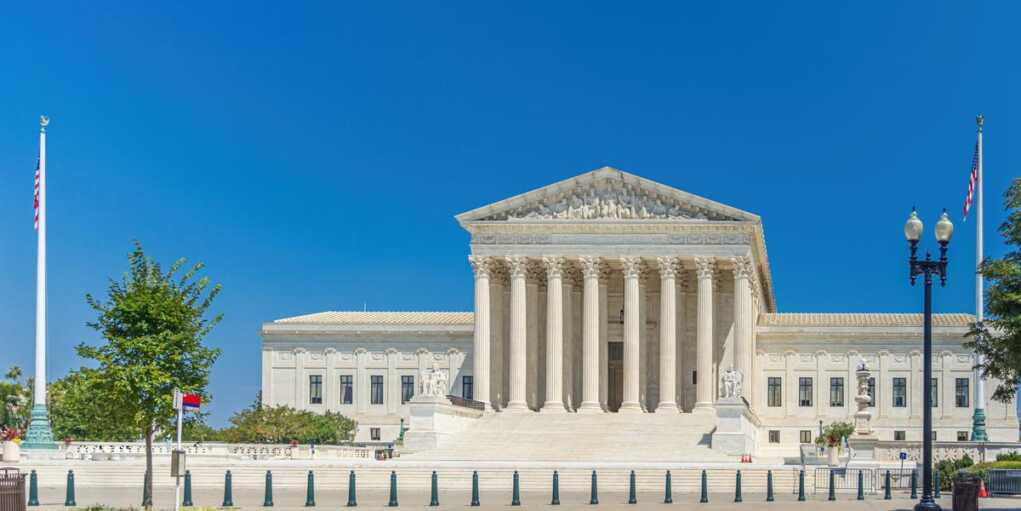Supreme Court Hearing Gets Heated—Justices Spar Over Immigration

Tensions boiled over during oral arguments at the Supreme Court on Thursday when Chief Justice John Roberts sharply stepped in to stop Justice Sonia Sotomayor from repeatedly interrupting U.S. Solicitor General John Sauer, who represents President Donald Trump’s administration.
The clash erupted as the Court debated Trump’s controversial order invalidating birthright citizenship and the authority of federal judges to issue nationwide injunctions against executive actions. Sotomayor aggressively challenged the Solicitor General, frequently talking over his attempts to answer her pointed questions about previous Supreme Court rulings on similar issues.
Sotomayor argued passionately that Trump’s move violated at least four established Supreme Court precedents and suggested that federal courts were justified in issuing sweeping injunctions to stop executive actions deemed unconstitutional.
“You are claiming not just the Supreme Court—but no lower court—can stop an executive from universally violating holdings by this court,” Sotomayor insisted to Sauer, interrupting as he attempted to clarify the administration’s legal stance.
Roberts quickly intervened, sharply cutting through Sotomayor’s interruptions: “Can I hear the rest of his answer?” His firm rebuke allowed Sauer to explain fully that the Trump administration believes nationwide injunctions from lower courts exceed their constitutional authority and create serious legal chaos.
Sauer argued clearly that federal courts should address only specific cases directly before them, rather than issue sweeping orders affecting the entire nation. He emphasized these universal injunctions “transgress the traditional bounds of equitable authority,” lead to rushed, uninformed decisions by judges, and force the government into constant legal battles, potentially creating conflicting judicial rulings.
Currently, the Trump administration faces three separate nationwide injunctions—brought by plaintiffs including CASA, the state of Washington, and New Jersey—challenging Trump’s birthright citizenship policy. The administration seeks a definitive Supreme Court ruling to halt these injunctions and clarify federal judicial limits.
Conservatives strongly support Trump’s position, arguing federal judges appointed under previous administrations have abused injunctions to block lawful executive orders, effectively allowing unelected judges to undermine presidential authority. Critics point to over 310 federal lawsuits challenging Trump administration actions since his second inauguration, underscoring the urgent need for judicial restraint and clearly defined limits on nationwide injunctions.
Thursday’s heated exchange at the Supreme Court underscored a broader ideological clash between conservative justices, who generally oppose expansive judicial activism, and liberal justices like Sotomayor, who advocate broader judicial powers to check presidential actions they oppose.
Chief Justice Roberts’ rare public rebuke of Sotomayor signals the seriousness with which the court’s conservative majority views the issue. Conservatives see Roberts’ intervention as a critical moment affirming judicial decorum and signaling a likely Supreme Court rebuke of nationwide injunctions that have repeatedly thwarted Trump administration policies.
The Court’s ultimate decision could reshape the balance of power between federal courts and the executive branch, potentially halting judicial activism and restoring authority to elected leaders. With conservatives firmly backing Trump’s arguments against judicial overreach, Roberts’ decisive step to silence Sotomayor’s interruptions indicates the court may soon deliver a landmark conservative victory, fundamentally reshaping American law for years to come.









